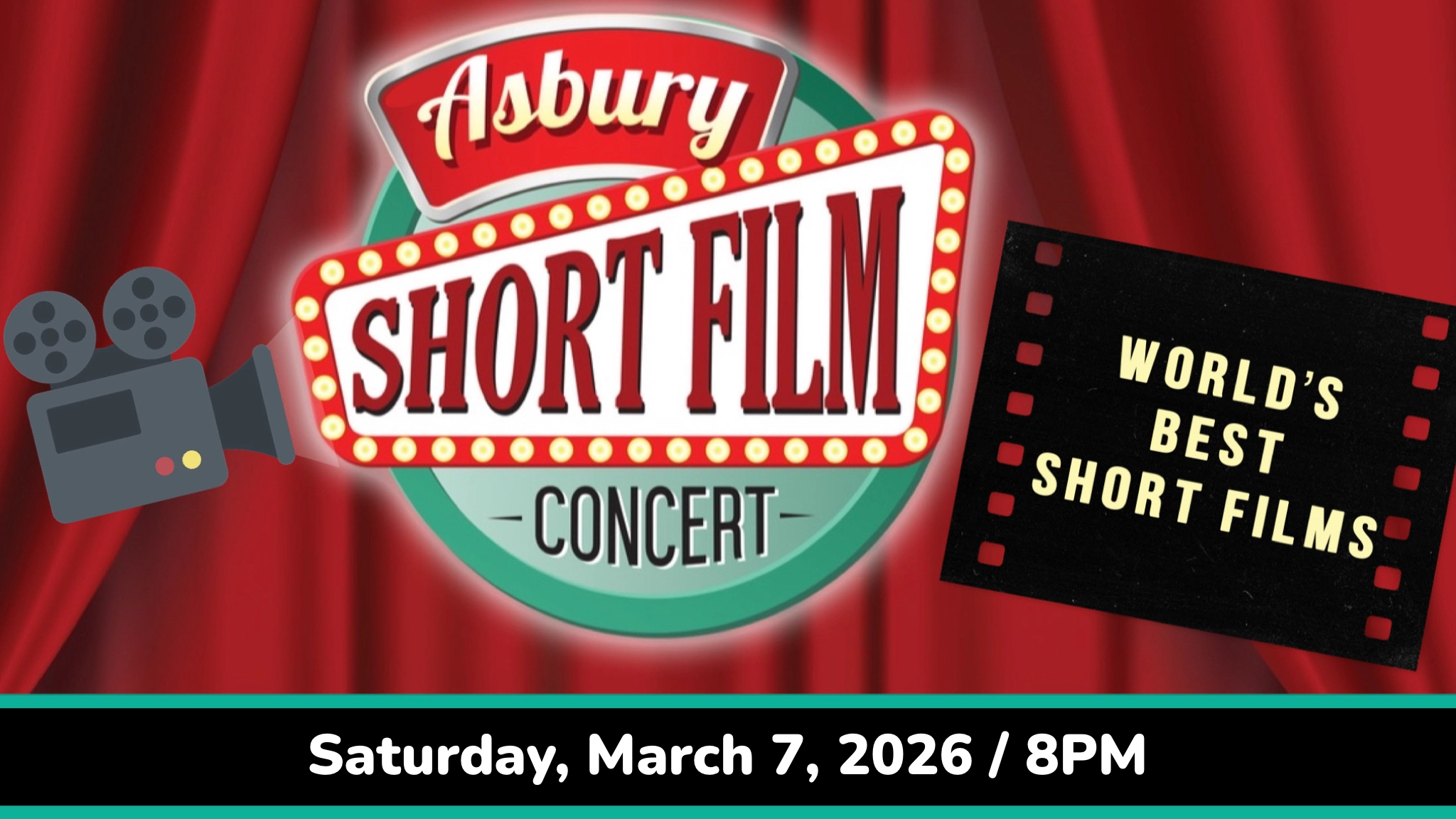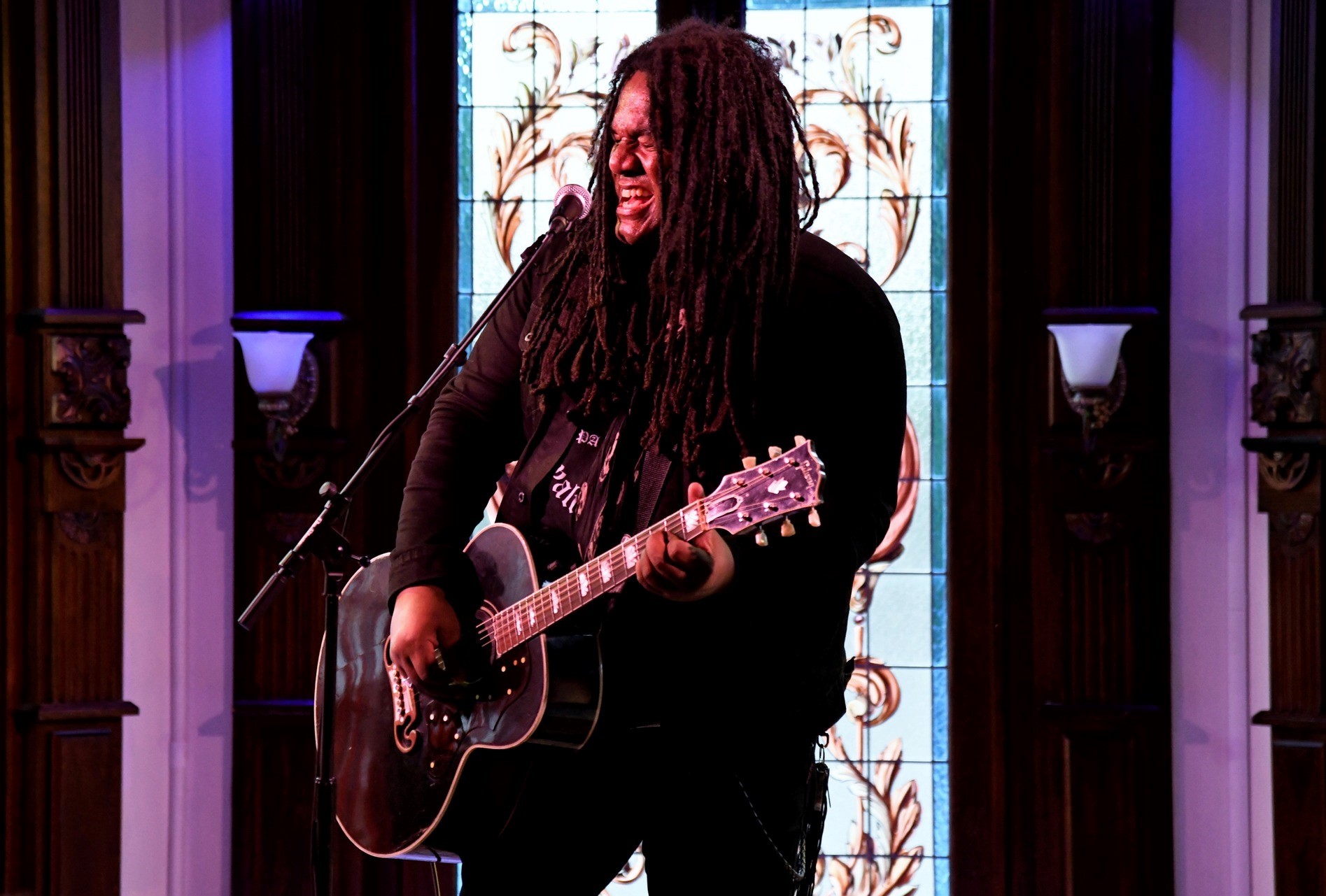
Viggo Mortensen's Falling was exactly the sort of intimate, talky drama you might expect an actor to choose for their debut as writer/director. For his follow-up Mortensen has opted for something that seems very different on the surface, a western, but while there's gun-slingin', horse ridin' and a villain clad in black, it's very much a character-based western of the sort that were common before the Italians stripped the genre down to its action basics.
A good actor knows that screen acting is about 90% physical and 10% verbal, so it's no surprise that the likes of Clint Eastwood, Kevin Costner and now Mortensen have been drawn to the western genre as directors. It offers a chance to play taciturn men who keep their emotions pent-up and presents the challenge of how to convey psychology visually rather than relying on dialogue (not having to worry about learning lines probably helps if you're also directing).
Mortensen's Holger Olsen is a classic strong and silent western hero but he's also sensitive and considerate, a thinking man's gunslinger. A recent immigrant to the US of the 1860s from Denmark, Holger visits San Francisco because he wants to see "the end of the world." It's at the end of the world that he finds the beginning of a new life when he catches the eye of Vivienne (Vicky Krieps), a society lady whose life of polite refinement is contrasted with flashbacks to her childhood as a trapper's daughter in rural Quebec. Seeing the unkempt form of Holger in a town square stirs something primal in Vivienne. The two seem very different but they're both strangers in this new world, and perhaps Holger reminds Vivienne of the father she lost to a British hangman's noose when she was a child.
Holger takes Vivienne away from her hoity toity San Fran life and to his home in the Californian desert. Initially horrified by a land as rugged and craggy as the man she's fallen for, Vivienne eventually turns it into a home. But when Holger enlists to fight for the Union in the civil war, Vivienne is left alone and soon becomes the target of the predatory Weston Jeffries (Solly McLeod, an actor so American I knew before googling his name that he would inevitably be a Brit), son of local land baron Alfred Jeffries (Garret Dillahunt).
With Viggo absent for much of the film, it's Krieps' Vivienne who takes centre stage. Westerns with female protagonists have tended to impose the feminist mores of whatever era they were made in, resulting in anachronistic characters that are little more than male characters renamed. While Vivienne is rebellious and stands up for herself, she does so in a way that never feels like a woman from 2024 has been dropped into 1860s America. In the aftermath of a shocking incident she doesn't fall into the usual stereotype of the avenging woman who teaches herself how to shoot before taking violent revenge, but rather she tries to pretend it never happened and attempts to get on with her life, despite being surrounded by constant reminders of her violation.












